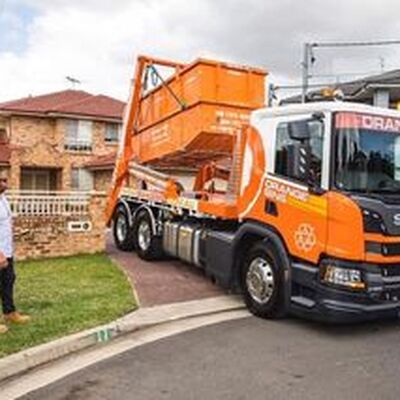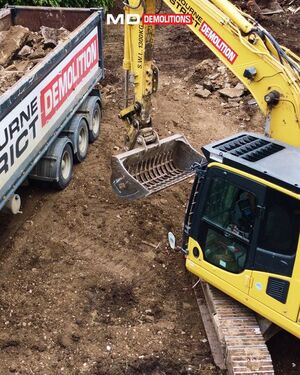What is Demolition and what are the areas it covers?
Corps
It involves carefully planning and executing the removal of a structure while adhering to safety regulations, environmental considerations, and project-specific requirements. Demolition is a complex task that requires specialized knowledge, equipment, and expertise to ensure a safe and efficient process. It encompasses various areas and types of demolition projects, each with its own set of challenges and considerations.
Areas Covered by Demolition:
Residential Demolition:
Residential demolition company Melbourne involves the removal of houses, apartments, and other dwellings. This could be due to factors such as aging structures, safety concerns, or the need for new development. Residential demolition can range from small-scale projects, like single-family homes, to larger projects involving multi-unit buildings.
Commercial Demolition:
Commercial demolition involves removing structures like offices, retail stores, hotels, and warehouses. Commercial buildings often have complex layouts, intricate systems, and specific safety regulations that need to be followed during the demolition process.
Industrial Demolition:
Industrial demolition deals with larger and more complex structures, such as factories, power plants, and industrial complexes. These projects often require specialized equipment and techniques to address potential hazards, environmental considerations, and the presence of hazardous materials.
Institutional Demolition:
Institutional demolition covers structures like schools, hospitals, government buildings, and cultural centres. These projects require careful planning to minimize disruptions to public services, ensure safety, and address the unique needs of the institution.
Structural Demolition:
Structural demolition involves the removal of specific components of a building or structure, such as walls, floors, or ceilings. This can be done as part of a renovation or remodelling project to alter the layout or appearance of a space.
Interior Demolition:
Interior demolition focuses on removing non-load-bearing elements within a building, such as partitions, fixtures, and finishes. It is often done to prepare a space for remodelling or repurposing.
Selective Demolition:
Selective demolition involves the careful removal of specific portions of a structure while preserving other parts. It is commonly used in renovation projects where certain elements need to be retained.
Total Demolition:
Total demolition involves completely removing a structure down to its foundation. This is typically done when a building is no longer safe, structurally sound, or suitable for repurposing.
Deconstruction:
Deconstruction is a sustainable approach to Commercial Demolition Melbourne that involves carefully dismantling a structure to salvage reusable materials, such as wood, metal, and fixtures. This method reduces waste and environmental impact.
Emergency Demolition:
Emergency demolition is performed when a structure poses an immediate threat to public safety or property. It requires swift action to prevent further damage or accidents.
Underground Demolition:
Underground demolition involves removing structures or features that are located below ground level, such as basements, tunnels, or underground parking garages.
In all these areas, demolition projects require careful planning, thorough site assessment, compliance with safety regulations, and consideration of environmental impact. Professionals in the MD Demolitions use specialized equipment, techniques, and expertise to carry out projects safely and efficiently, ensuring that all necessary permits and approvals are obtained, hazardous materials are managed appropriately, and the site is cleared for future development or construction.











commentaires